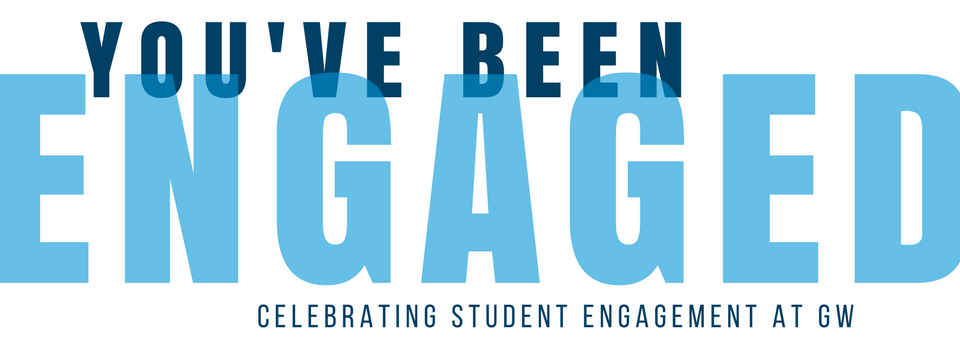by Sarah-Frances Lyon (sflyon@gwu.edu)
The cat over the moon. The moon jumped over. The cat jumped over. Moon.
Did that make sense to you? Me neither. But that’s what reading, writing and math are like for me. Words, numbers and symbols that make sense to others come off as gibberish to me. Things that are suppose to tell a story, give directions, communicate a thought or solve an equation are a constant battle and source of stress to me. The very things that guide others through the world are the things that keep me from experiencing it in the same way.
I have Dyslexia, Dyscalculia and Dysgraphia.
When I was in school I had classroom accommodations. I had an Individualized Education Plan (IEP). I had teachers, counselors and parents supporting and advocating for me. The process of achieving success looked different for me.
By the time I got to graduate school I thought I had “overcome” my disabilities, when in reality, I had simply mastered the art of compensating in the classroom. I had study skills. I knew how to quickly memorize things so I could regurgitate them on a test. I knew workarounds. But none of that could prepare me for the working world.
The first time I noticed there was a problem was during Graduate Assistantship (GA) training for Residence Life at Louisiana State University (LSU). You see, when you start working at a new school, you have new words and acronyms to learn. LSU had ALL the new words and acronyms (e.g., Lagniappe). Words and acronyms that were familiar to me at my previous institution now had new names! The exact same object I had once known as an RICR (Room Inventory Condition Report) was now an RCR (Room Condition Report). I felt lost. I needed a road map just to understand what language people were speaking. I felt helpless, lost in translation (literally) and unable to gain the knowledge of the my core responsibilities because I was so focused on memorizing new words.
This trend persisted. In the years that followed I would find that my learning disabilities would continue to affect my work. The dream I had had of being “disability free” once I left the classroom would quickly turn into a new dream of becoming a successful professional WITH learning disabilities.
 In order to do this, I need to continue to find workarounds and solutions to everyday tasks. Some of the workarounds may seem typical such as having a list of regularly dialed phone numbers at my desk or creating a flowchart for a process in order to easily reference it. I’ve also had to learn to advocate for myself and my needs. This meant creating a “crash course” document on my disabilities to give to supervisors. It meant asking clarifying questions on tasks and projects. It also meant telling my story. I’m sure every professional doesn’t want or need to do this; however, for me, it’s opened the dialogue to have a real conversation about what it’s like living with disabilities outside of the classroom.
In order to do this, I need to continue to find workarounds and solutions to everyday tasks. Some of the workarounds may seem typical such as having a list of regularly dialed phone numbers at my desk or creating a flowchart for a process in order to easily reference it. I’ve also had to learn to advocate for myself and my needs. This meant creating a “crash course” document on my disabilities to give to supervisors. It meant asking clarifying questions on tasks and projects. It also meant telling my story. I’m sure every professional doesn’t want or need to do this; however, for me, it’s opened the dialogue to have a real conversation about what it’s like living with disabilities outside of the classroom.
So, I may not know if the cat jumped over the moon, but you can bet that I’m finding a workaround right now to figure it out.
Sarah-Frances Lyon is the Office Coordinator for Housing Operations.

